How big is your ecological footprint?
What is a ecological footprint?
Every person needs place for living. But also fields and places, where your food grows, factories which produce the things you want to buy and you need also vehicle and streets, where his things and he could be transported.
The ecological footprint tells you, how many place you need to live and how many place the things you buy need.
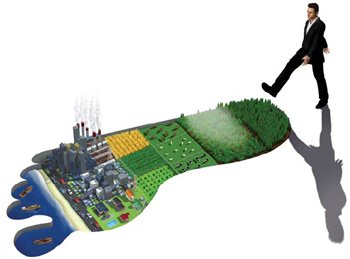
But you can influence how big your own ecological footprint is.
If you plant your fruits and vegetables in your garden or buy them in your footprint is smaller as if you buy it from other countrys.
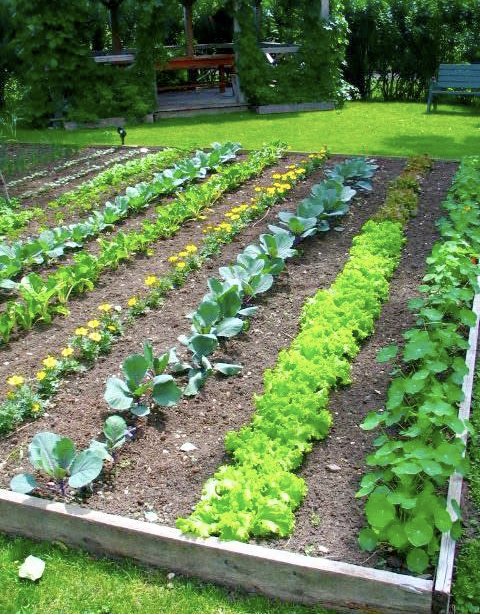
Exactly the same way you can bye clothes and other things made in your country - that would be a smaller footprint as if you bye things from other countrys. But many people didn't worry about their ecological footprint and buy their things maybe from China, because they get them cheaper from there.
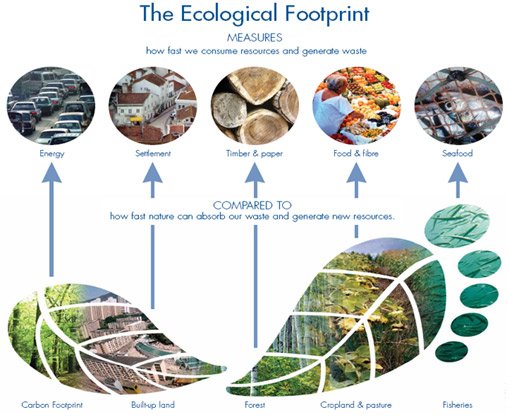
Test how big is your footprint?
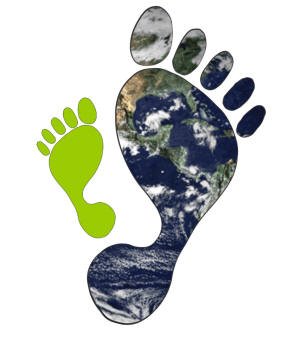
In the internet, you can test how big your footprint is. http://footprint.wwf.org.uk/
How big are footprint's?
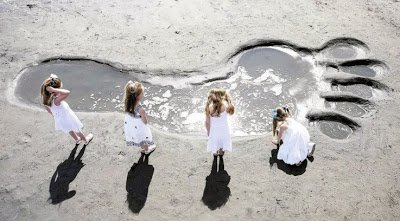
If you would distribute the whole useful earth surface regularly between all people, everybody would have 18000 square metres. That's the size of 3 football-fields.
But on average everybody needs 22000 square miles. And that's just the result of Germany.
In America, everybody needs 100000 square metres, in Italy 40000 square metres. In India, everbody needs less than 1000 square metres.
Problems
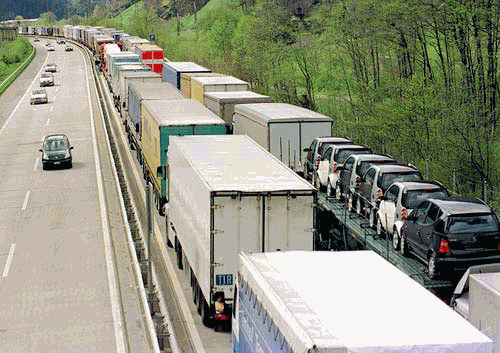
Although the ecological footprint is much to big, he grows up every day. People needs more food, more stream and too many raw materials like the earth-oil, wood and many others.
And when you need bigger fields you also need more water to water them. The consequence is that humid areas will disappear and the rivers will have less water. The stores of water are strained. The groundwater level is sinking and rivers like the Nil don't reach the ocean during dry seasons.
Imagine you would live alone on an Island, and how big it would have to be, that you have enough food, air, water for drinking and place for the rubbish you make. I think that you wouldn't use more things there as you need for surviving. Because if you waste your food and make a big fire every night, that you get very hot your chance to survive would become very small.
How to make footprints smaller
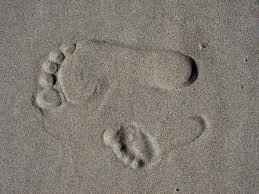
-Buy things which are made in your country
-If you can walk to school or to your work
-Use your bike instead of your car
-Don't fly to holiday
-Don't waste raw material for example wood, paper, earth- oil
-Use public means of transport like trains and busses if you can
- support the environmental protection for with spending money
- don't use stand bye light e.g. on your television